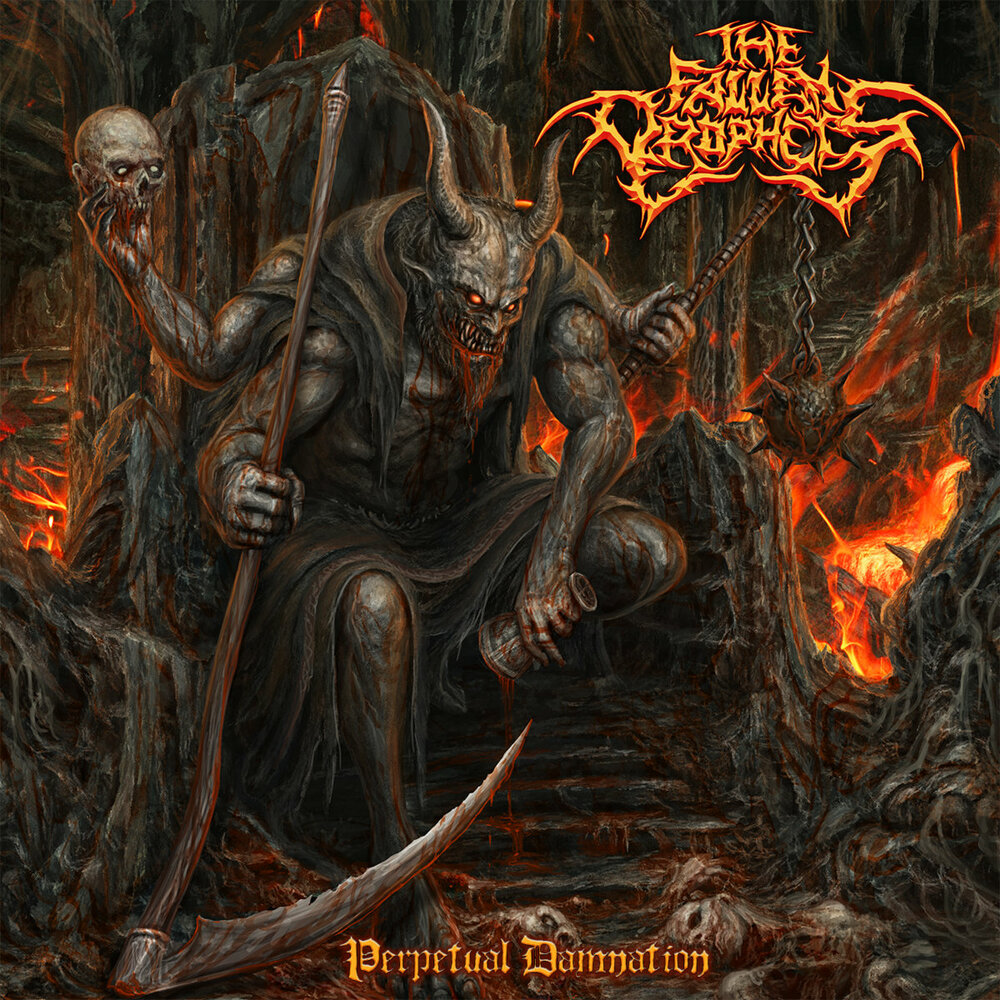 |
Country: Germany
Style: NDH/Folk Metal
Rating: 7/10
Release Date:24 Feb 2023
Sites: Facebook | Instagram | Official Website | Twitter | Wikipedia
I liked Tanzwut's previous album, Die Tanzwut kehrt zurück, released two years ago, and I like this one too, which continues their gradual shift from medieval metal through NDH to industrial, even though this isn't really a new album. It's a celebration of an album, a sort of greatest hits package to commemorate a quarter of a century as a touring band, but each track is a re-recorded version from the studio. They've recorded a dozen albums but everything here is sourced from three very specific releases that came out before they'd found their way into a particular sound.
Now, to be fair, I wouldn't say that they've cemented their sound yet, each succeeding album a bit further down a musical path, but this deliberately takes tracks from their second, third and fourth albums and retells them in a style similar to what they play today. Labyrinth der Sinne is easily the most represented, with seven out of twelve tracks coming from that second album from 2000. That leaves three from their third, 2003's Ihr wolltet Spass, and a three song set from Schattenreiter in 2006. It's fascinating to see how varied these remain, even played with a consistent approach.
The first four set most of the tone for the album. Labyrinth, the kinda sorta title track to Labyrinth der Sinne, opens up and is immediately a highlight, bouncy and in your face throughout, bagpipes leading the melodic line over a driving NDH beat. It's worth reminding that five of seven members of Tanzwut play bagpipes and two are dedicated to pipes and shawms, so they're never far away. In most of this material, they hold back to serve as emphasis when the song needs it but then soar on top of everything else when it gets going.
Ihr wolltet Spass and Meer, both from the third album, add new elements. The latter is softer with a drop down from the typical opening to a warmer sound. Even when it ramps up in the bridge, the usual edges are still smoothed off. The former is a gem, dropping into Gogol Bordello-esque punky folk music. I'm sure I've heard some early Tanzwut but it's been so long that I can't remember the albums. This is the point at which I regretted that and wanted to dive back into those early albums to remind myself what they sounded like.
The fourth of the opening quartet is Was soll der Teufel im Paradies, another from Labyrinth der Sinne and the first of four tracks in a row to hail from that album. This one adds orchestration as a layer, mostly behind the sound but occasionally with strings taking the foreground. It ends with a tasty duet between pipes and strings, which is a fascinating touch and one exclusive to this track. Each of these four has its own unique touch, while staying true to the overarching sound. Most of what follows works with those approaches afresh, just in different proportions. That doesn't mean that there aren't other touches worth mentioning though.
Lügner is a stalker of a song, slow and heavy but with serious emphasis, so we're unable to ignore it. In its quieter sections, the pipes take a strong lead and the electronics trawl in some distortion for effect. In its more urgent sections, it plays up the NDH aspect to the band. There's Rammstein in all of these songs but none of them consistently sound like Rammstein with bagpipes. This one is closer than most, even though it sounds like a regular bagpipe band at points too, sans all metal elements. The one that plays my local renaissance festival has released albums that pair the pipes and drums with electronica and they're not unlike this.
The most unexpected touch comes on Im tiefen Gras. It starts with a guitar line that wouldn't be at all out of place in alt country and quickly develops into a psychobilly bounce. This is one of a trio of songs from Schattenreiter and it's the other track that makes me want to follow up by visiting the original. It suddenly seems odd that these two aren't from the most represented album, but that may not mean much. Then again, if there's a third, it's the urgent punk of Nein nein, another one from Ihr wolltet Spass, that closes out the album.
I'm not sure how essential this will be for Tanzwut fans who remember the originals. I'd have to go back to hear them again to comment and I want to do that free of motive. I'm not a die hard fan of the band, but I like what they do and I like this, even if it isn't essential. It's an odd marker for this live anniversary and I wonder why they didn't put out an equivalent recorded live. Maybe that will be next.

















